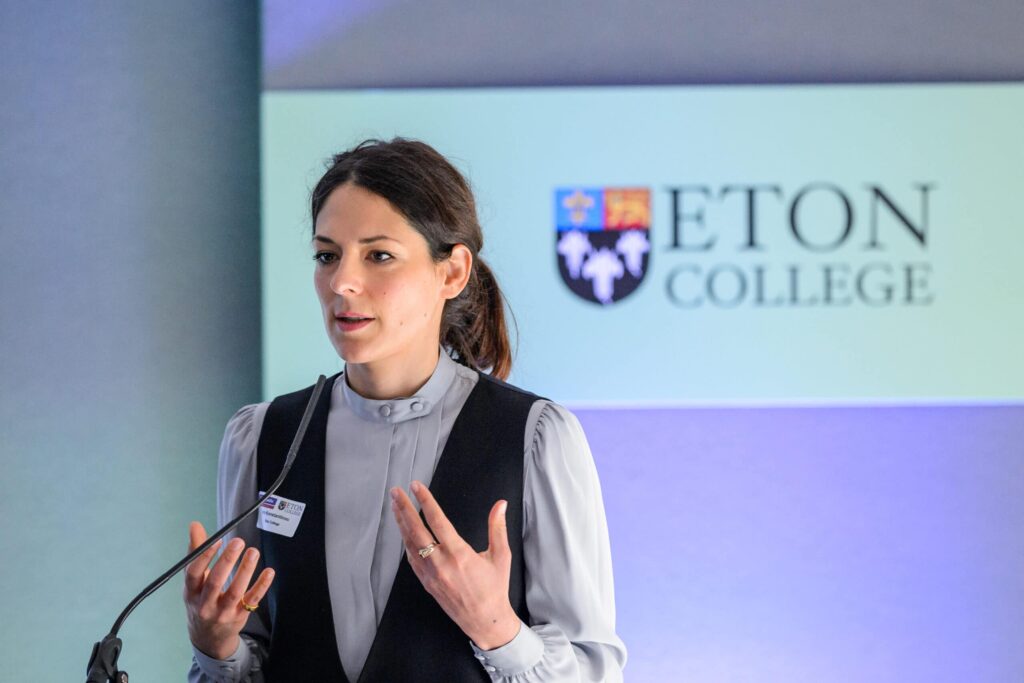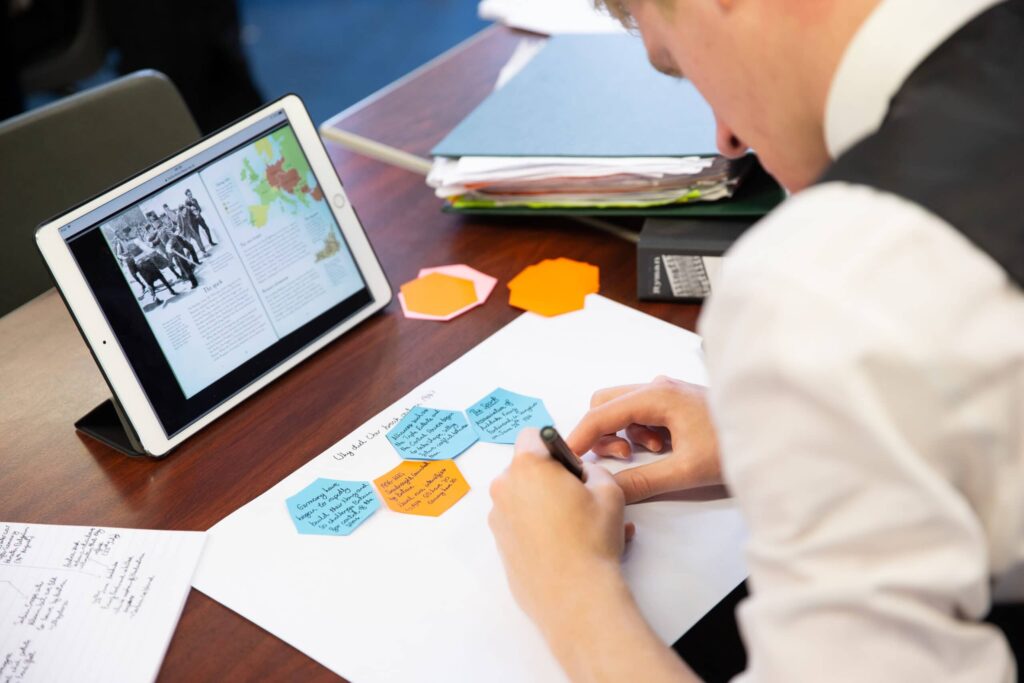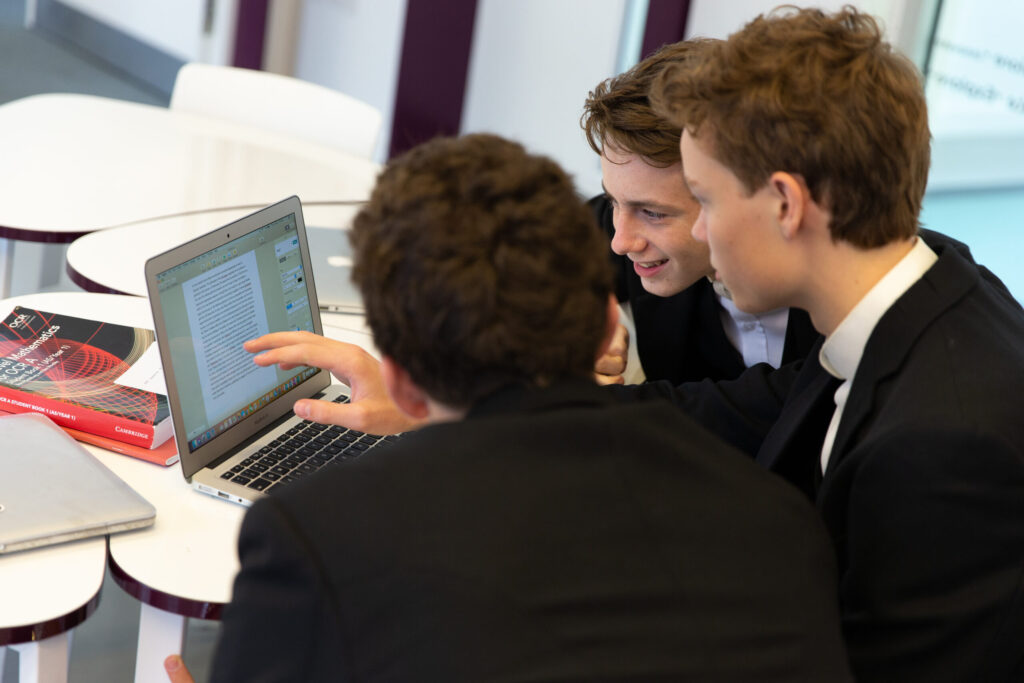This week’s blog post is by Professor Dame Alison Peacock, Chief Executive of the Chartered College of Teaching. Her career has spanned primary, secondary and advisory roles. She is an Honorary Fellow of Queen’s College, Cambridge, a member of the Royal Society’s Education Committee, and a Visiting Professor at both the University of Hertfordshire and Glyndwr University.
Dame Alison gave a talk at CIRL last year, shortly before the pandemic, on ‘Learning without Limits: An alternative school improvement agenda’, which is available on our podcast, along with an interview.
Since the Chartered College of Teaching first welcomed members in January 2017, we have focused on celebrating our fantastic teachers, supporting them to deliver excellent teaching and connecting the profession in the spirit of collegiality. As the pandemic swept across the world, the Chartered College had just achieved financial independence from the government. In April 2020 our income had become self-sustaining from an ever-growing membership of students, early-career colleagues, teachers and leaders. As a new organisation, we faced a testing time as we sought to engage with teachers remotely.
When the Prime Minister announced the closure of schools and colleges, I remember feeling both shocked and profoundly worried about what would happen next. I knew that in my previous role as a headteacher I would have sought to reassure my colleagues and the wider school community. I would have done what thousands of headteachers across the country did, which was to move into ‘solution-focused’ leadership, seeking to keep students and colleagues safe, fed and connected whilst also working out how best to meet the many demands from the government. Of course, as Chief Executive of the Chartered College, I had our in-house team to work with but all my instincts were to reach out to teachers everywhere to understand how we could best help.
I began on a personal level to send daily tweets first thing each day, which came from the heart. I tried my best to provide thanks, reassurance and recognition as teaching colleagues were being asked in many cases to act as first responders. Schools have always been at the centre of their communities. Teachers are amongst the most trusted members of society with headteachers being valued even more. There is something about the institution of schools and colleges that implies continuity, certainty and, of course, knowledge. As the full scale of the international emergency unfolded, schools were the places that many looked to for help and support.
In partnership with the Behavioural Insights Team, we set up a free well-being text service – Teach Together – for any educational professional who subscribed. Similar methods and evaluations showed that receiving a reassuring message combined with a call to action, such as checking in with a colleague, was helpful and built a sense of shared identity for those dealing with the aftermath of the crisis. Working with ITV, who ran a mental health campaign called ‘Britain Get Talking’, we highlighted the work of many teachers across the country by asking them to submit videos for broadcast. These ways of reaching out to colleagues helped them to feel less isolated and connected through a shared commitment to helping others.
We began offering webinars about a wide range of topics, always listening carefully for feedback to ensure that both the content and tone were relevant. Teachers respond well to authentic colleagues, and we began to attract large audiences to online professional learning events. At this time, we were very aware that those in the middle of their first year of teaching and those who were still training to become teachers, faced huge challenges. Thanks in part to the support of Teach First and Sheffield Hallam University, we created an Early Career Hub with a wide range of freely available video and written content aimed at building the emerging expertise of those new to the profession. This continues to provide a useful resource for both teachers and mentors as the government rolls out the Early Career Framework across the country from September.
Seeking a wide range of views about the future of teaching, we were keen to curate debate and to facilitate this we established a new non-member site, the Education Exchange, where global conversations could take place. The Rethinking Assessment initiative provides important opportunities to debate alternatives to the current system of terminal examinations and we were pleased to also engage with this.
One of the joys of leading the Chartered College is that as we grow we are increasingly able to support discussions on the future based on our research. Through our series of Education in Times of Crisis reports we have been able to scour the world for studies that may help us understand further both the global response from educators but also what might be learnt from previous similar smaller-scale disruption. Additionally, we have surveyed our membership in pursuit of stories of practice and insights into the responses and actions taken by teachers and schools as they do their best to continue education for all students.
What has become clear is that teachers need to be championed. In the same way that our students need recognition, it is apparent that colleagues who work so hard on behalf of others in our early years settings, alternative provision, and schools and colleges need recognition too.
The Chartered College of Teaching is non-partisan and we are not a union. Our independence means that we have, however, been able to speak out about perceived injustices, such as the allocation of 2020 examination grades and lack of systemic preparation for exam cancellation in 2021. We are here to speak up for evidence-informed practice whilst recognising the power of teacher intuition and tacit knowledge.
The future of education relies on encouraging the very best to not only join the teaching profession but to influence it from within as Chartered Teachers and Fellows. As we progress through this year, we do so in the knowledge that when our colleagues were needed they stepped forward brilliantly and showed us all the benefits and power of true collaboration.
Let’s build on that now, with compassionate leadership at all levels. The Chartered College will be here to notice and to applaud. Without a doubt, teachers transform lives.





